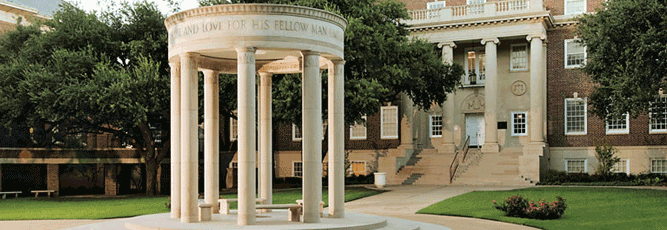SMU Law Review

Published four times each year, the SMU Law Review reaches law schools, attorneys, and judges throughout the United States and abroad. Each issue includes articles by prominent legal scholars and practitioners dealing with significant questions of local, national, and international law. In addition, articles by students analyze recent cases, statutes, and developments in the law. The SMU Law Review also sponsors the annual SMU Corporate Counsel Symposium on current developments in corporate law. The symposium attracts corporate practitioners from throughout the United States.
The SMU Law Review began in 1947 as Texas Law and Legislation. The journal then published under the name Southwestern Law Journal in 1948 and has been published as the SMU Law Review since 1992. All editing is done by student members of the board of editors and the staff of the SMU Law Review Association. The Association also publishes the Journal of Air Law and Commerce and the SMU Annual Texas Survey.
Current Issue: Volume 77, Issue 1 (2024)
Front Matter
Preface
Preface: An HomageElan Wilson3
Articles
The Post-Racial Deception of the Roberts CourtCedric M. Powell7
Roberts Rules of (Dis)Order: Doctrinal Doublespeak on Affirmative Action and Stare DecisisVinay Harpalani61
Students for Fair Admissions Through the Lens of Interest-Convergence Theory: Reality, Perception, and FearRobert A. Garda Jr.93
Data’s Demise and the Rhetoric of SFFAShakira Pleasant161
Students for Fair Admissions v. Universities for Division, Exclusion, and Inequity: The Petitions, the Arguments, and the DecisionJosh Blackman187
Individual Dignity as the Foundation of an Inclusive SocietyCory R. Liu and Anthony Pericolo219
Racial Classifications in Higher Education Admissions Before and After SFFADavid E. Bernstein263
Race Preferences, Diversity, and Students for Fair Admissions: A New Day, a New ClarityMaimon Schwarzschild and Gail Heriot285
Reversing GrutterLackland H. Bloom Jr.305

